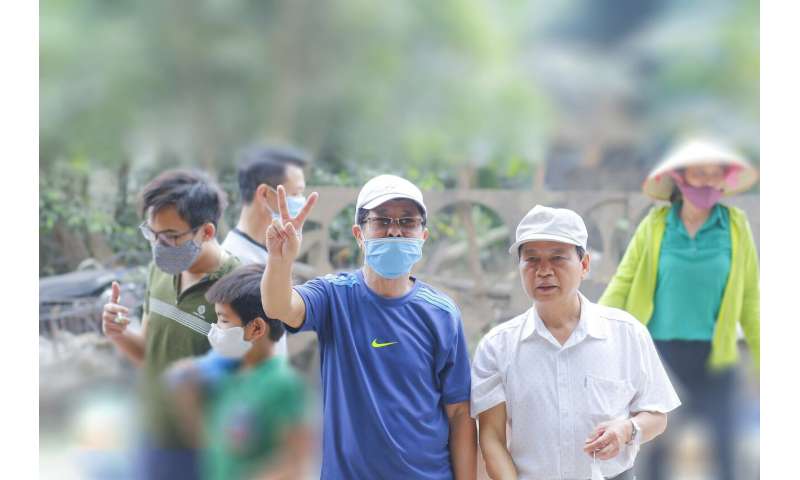
Survey results from 27 countries suggest that, despite their increased risk of severe illness due to COVID-19, elderly people are not more willing to isolate when asked to, and are not more compliant with several COVID-19 preventive measures. Jean-François Daoust of the University of Edinburgh, U.K., presents these findings in the open-access journal PLOS ONE on July 2, 2020.
Among those who become ill with COVID-19, older adults appear to be more likely to be hospitalized or die from the disease. Because of their increased vulnerability, one might expect that elderly people would be more disciplined in complying with preventive measures. However, few studies have yet examined their response.
In the first in-depth study of elderly people’s attitudes and compliance with COVID-19 preventative measures, Daoust examined survey results from 72,417 people of all ages across 27 different countries. The surveys asked about people’s willingness to self-isolate if necessary, as well as their compliance with specific preventive measures, such as hand washing or wearing a mask.
The analysis suggests that elderly people are no more willing than those in their 50s and 60s to voluntarily self-isolate if they begin to feel ill or if they are advised to do so by a clinician or health official. People aged 60 to 80 are also less likely than younger age groups to wear a mask outside their home. However, older people are more likely to avoid public transportation and to avoid small gatherings or having guests over.
These findings suggest that efforts are needed to improve public health strategies to encourage older adults to comply with preventive measures. A deeper understanding of elderly people’s attitudes and compliance could help inform such improvements and, ultimately, reduce the number of deaths to due to the pandemic.
Source: Read Full Article
